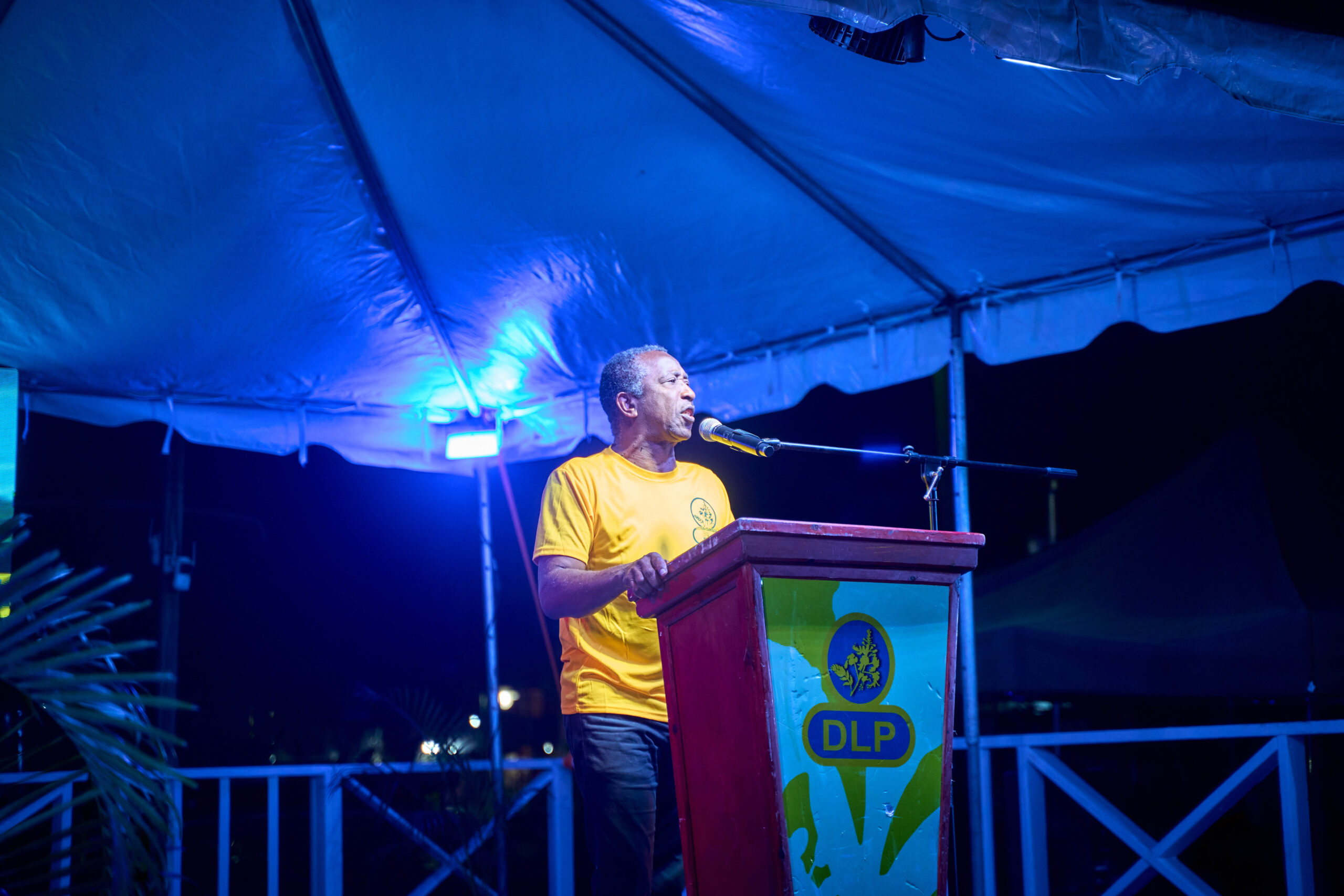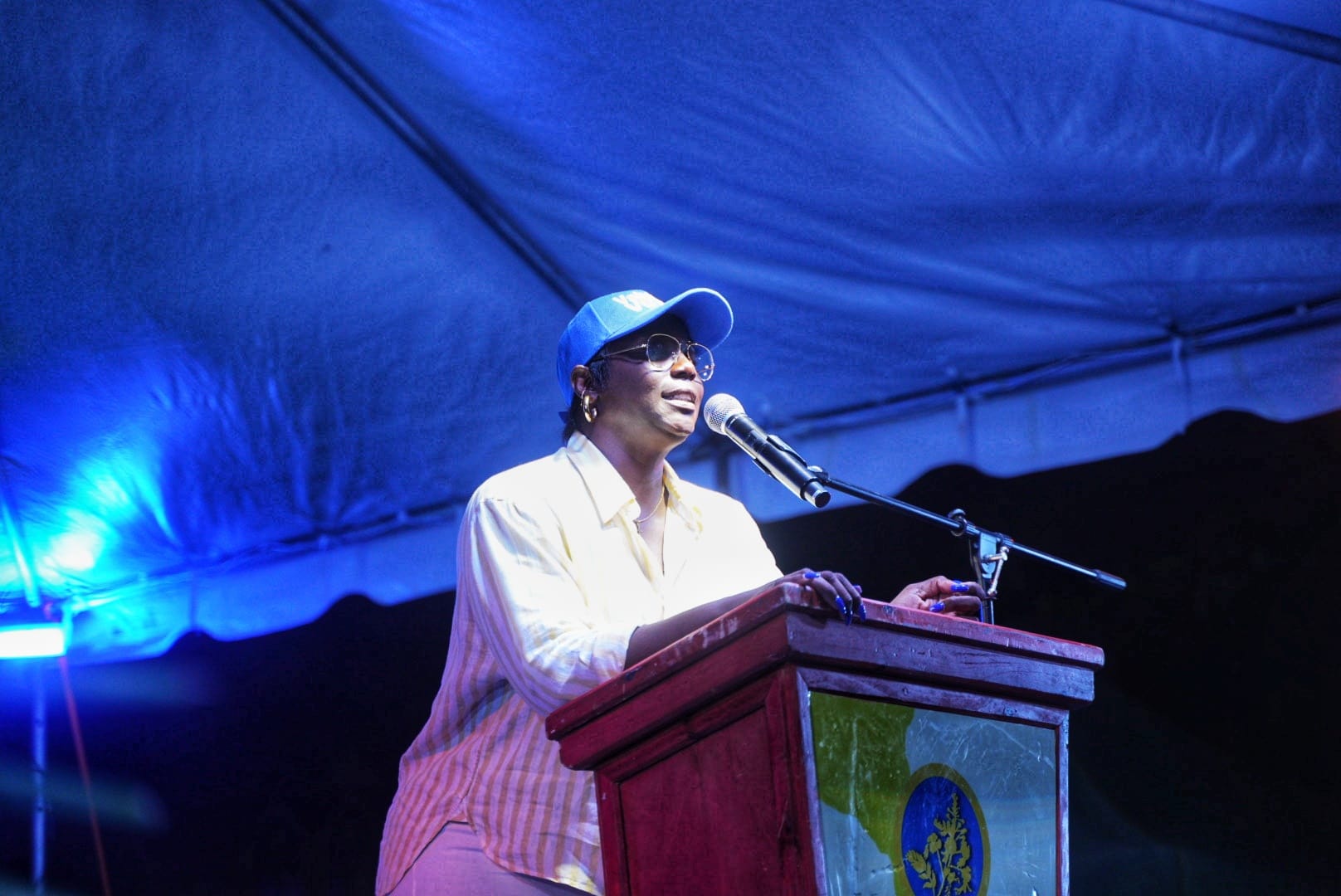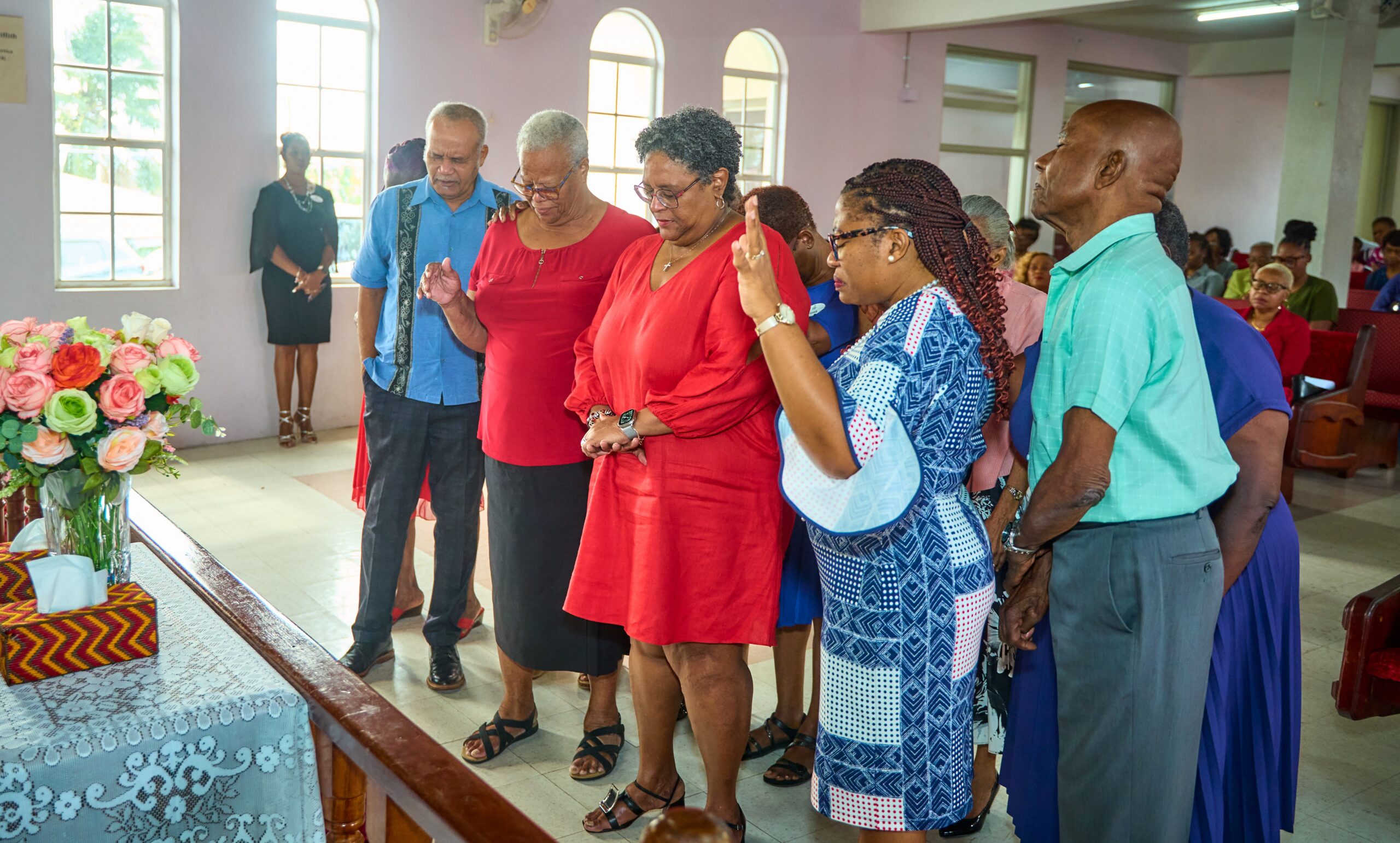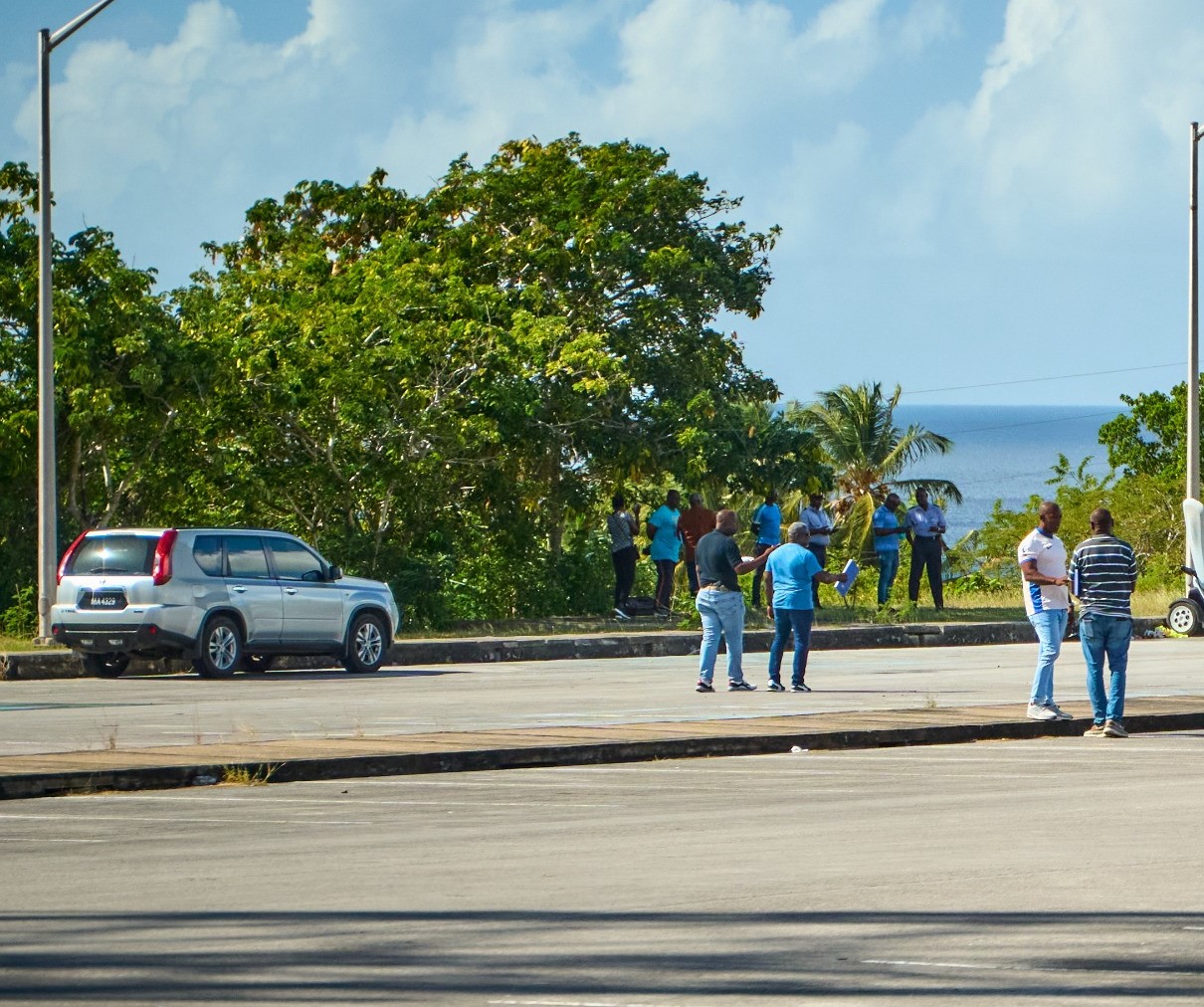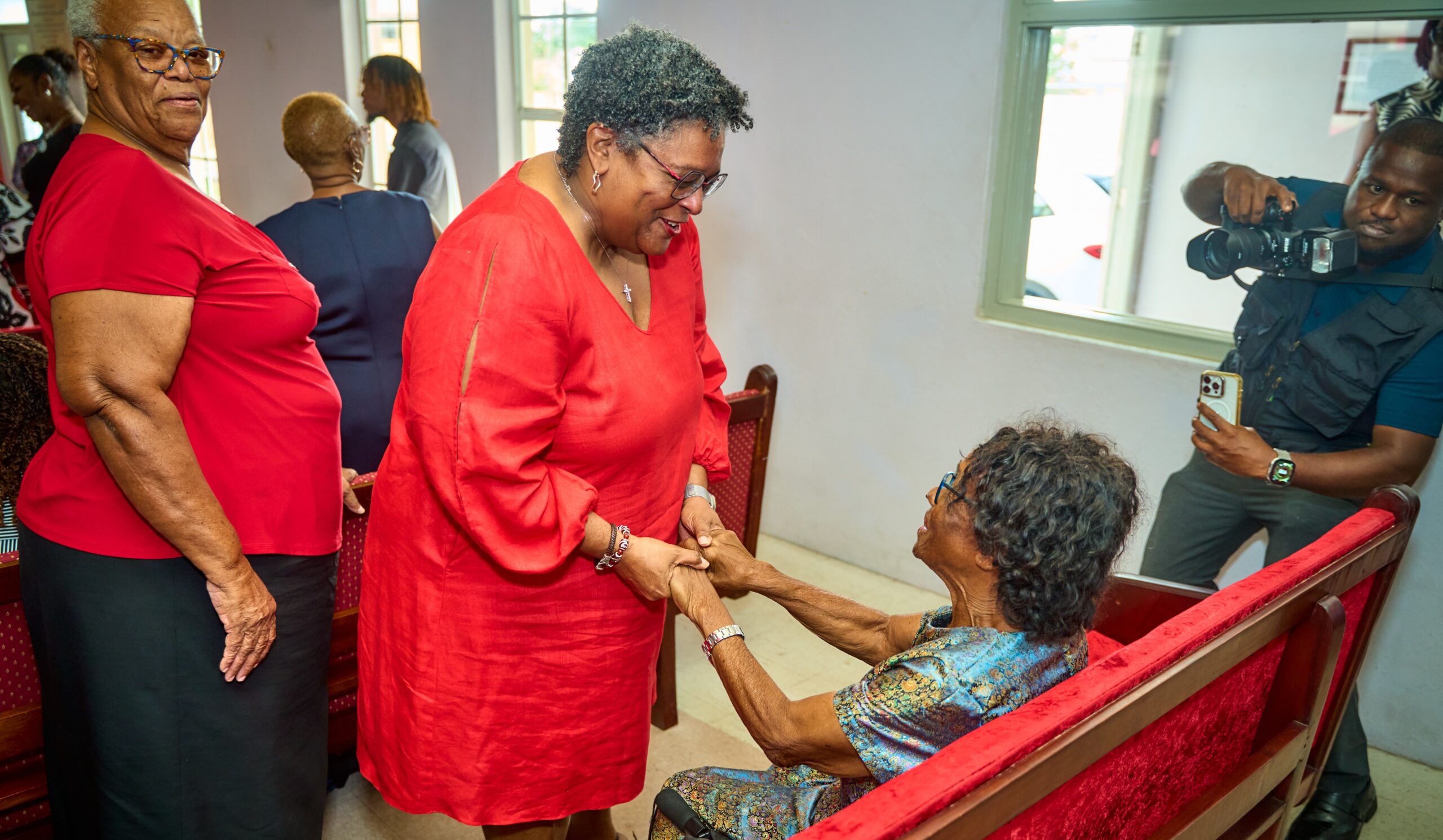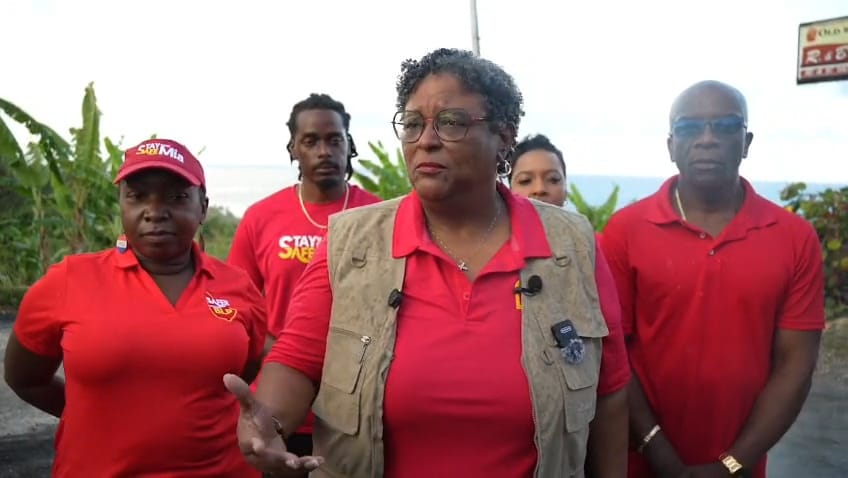In a significant show of political force, Democratic Labour Party (DLP) leader Ralph Thorne addressed a crowd of over 400 supporters at Independence Square during the party’s inaugural national rally on Sunday evening. The event, marked by enthusiastic displays of party allegiance with yellow and blue colors, reached a crescendo as Thorne made his entrance accompanied by the gospel anthem ‘Walk On’ at approximately 11 p.m., triggering an outpouring of support from attendees.
Thorne’s address wove together spiritual themes with the political legacy of national hero Errol Barrow, articulating a vision of social democracy centered on robust government intervention. The opposition leader presented a comprehensive platform addressing healthcare, education, pension systems, public transportation, and housing infrastructure, framing these services as fundamental rights funded through citizen taxation.
The DLP leader launched a sharp critique against the ruling Barbados Labour Party (BLP), accusing them of implementing regressive taxation policies that disproportionately burden poor and middle-class families. Thorne specifically called for a overhaul of the current fiscal system, advocating for progressive taxation models, small business relief measures, reduction of Value Added Tax from 17.5 percent, and enhanced pension protections.
‘Current fiscal policies are creating impossible choices for families—between utilities and nourishment—while children attend school without adequate nutrition,’ Thorne asserted. ‘This administration’s approach constitutes an economic oppression that must be confronted.’
Thorne further advanced his ‘Barbados First’ doctrine, emphasizing the prioritization of local professionals in key institutions including Queen Elizabeth Hospital and academic institutions over foreign appointments. He framed the upcoming February 11 election as a historic opportunity to reject what he characterized as a regression to colonial-era governance structures under the BLP administration.
Throughout his speech, Thorne connected his personal narrative of ascent from humble beginnings to party leadership with the broader historical struggle against colonial oppression, positioning the electoral process as a means to ‘recapture and retrieve the nation’s sovereign identity.’
